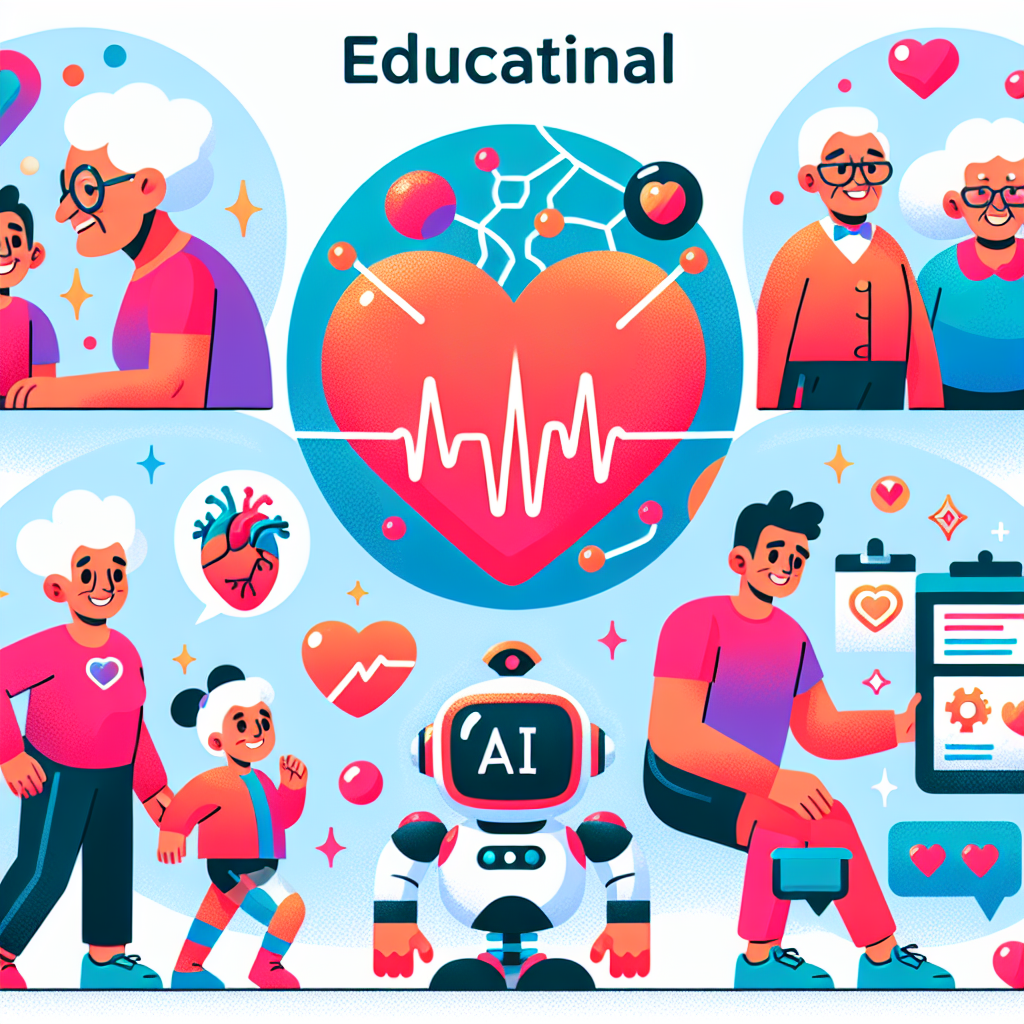20th October 2025
Recent scientific discoveries are reshaping our understanding of aging, health monitoring, and disease prevention. From remarkable findings about elderly cognitive function to innovative AI applications in cardiac care, these developments promise to revolutionize healthcare approaches.
Sharp Minds at 80: The SuperAger Phenomenon A fascinating 25-year study has revealed that some octogenarians maintain cognitive abilities comparable to those in their 50s. These "SuperAgers" challenge traditional assumptions about age-related memory decline. Research suggests that social engagement and maintaining an active lifestyle play crucial roles in preserving cognitive function. Dr. Sandra Weintraub's findings highlight how staying socially connected and mentally engaged could be key factors in maintaining brain health well into advanced age.
AI Revolution in Cardiac Care In a groundbreaking development, artificial intelligence is being deployed to predict heart attacks before they occur. Startups are analyzing millions of heart images to identify early risk indicators, potentially transforming preventative cardiac care. This innovation could enable healthcare providers to intervene before serious cardiac issues develop, marking a significant advancement in heart health management.
Exercise as Medicine for Knee Arthritis New research has identified aerobic exercises as particularly beneficial for individuals with knee arthritis. Activities such as walking, cycling, and swimming have proven most effective in reducing pain and improving mobility. This finding offers hope to those suffering from knee arthritis, suggesting that maintaining an active lifestyle can naturally manage symptoms and improve quality of life.
The Impact on Future Healthcare These developments collectively point toward a future where preventative care becomes increasingly sophisticated and personalized. From maintaining cognitive function through lifestyle choices to utilizing AI for early disease detection, healthcare is evolving to become more proactive rather than reactive.
The implications of these discoveries extend beyond individual health benefits to potentially reshaping healthcare delivery systems and preventative medicine approaches. As research continues and technology advances, we can expect even more innovative solutions to emerge in the pursuit of better health outcomes for all age groups.
This article is based on today's episode of KidsNewsFlash, a daily news podcast for kids and families. Listen on Apple Podcasts, Spotify, or wherever you get your podcasts!

